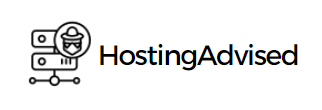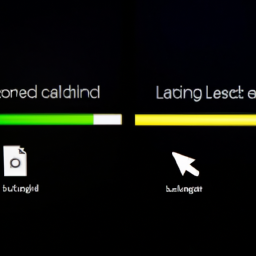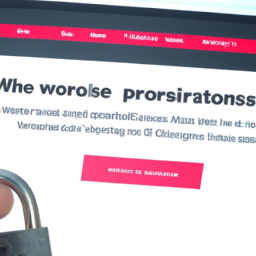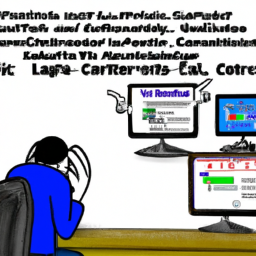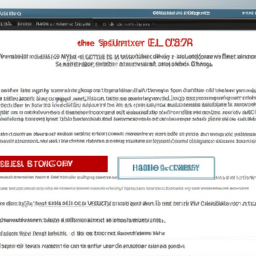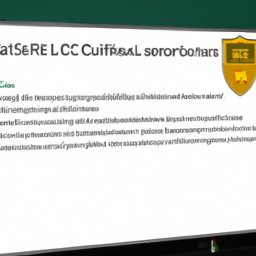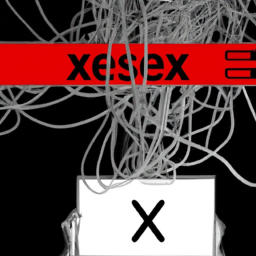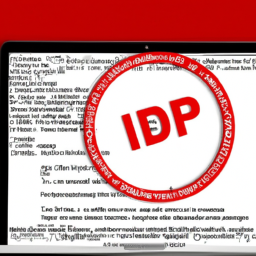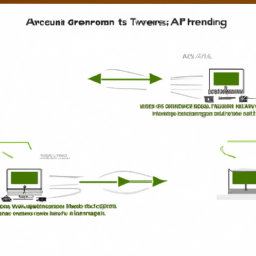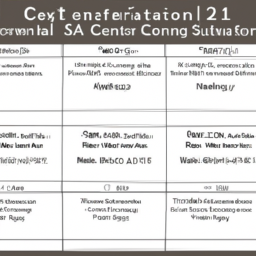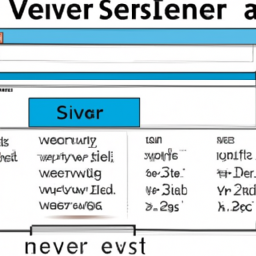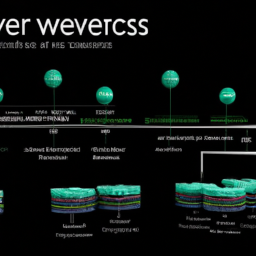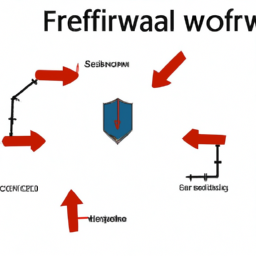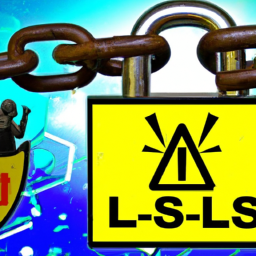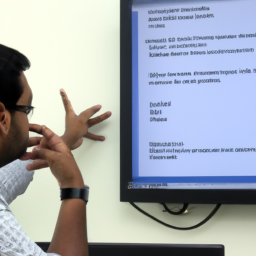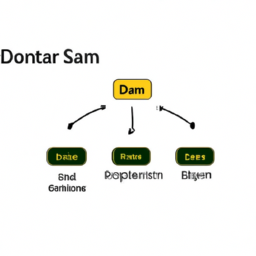Are slow loading times dragging down your website’s search engine rankings? In the fast-paced digital world, every second counts when it comes to capturing your audience’s attention. Just like a snail trying to win a race, a sluggish website will struggle to stand out in the competitive online landscape. But why does website speed matter so much for search engine rankings?
Picture this: search engine rankings are like a popularity contest, and slow loading times are the ultimate popularity killer. When your website takes ages to load, users quickly lose interest and bounce off to a faster competitor. This not only affects user experience but also sends a clear signal to search engines that your site is not delivering what users want. Consequently, search engines penalize slow-loading websites by pushing them further down the rankings.
To ensure your website climbs the search engine ladder, it’s crucial to understand the factors that impact website speed. From server response times to image optimization, every element plays a role in enhancing or hindering your website’s loading speed.
By employing the right tools and implementing best practices for website speed optimization, you can improve your search engine rankings and leave your competitors in the digital dust. So, buckle up for a data-driven journey into the world of website speed optimization and watch your rankings soar.
Key Takeaways
- Slow loading times can have a negative impact on a website’s search engine rankings.
- Delayed loading times can lead to higher bounce rates and decreased user engagement.
- Even a one-second delay in page load time can result in a 7% decrease in conversions.
- Search engines prioritize fast-loading websites and penalize slow-loading ones.
Importance of Website Speed for User Experience
You don’t want to frustrate your website visitors with slow loading times, as it can ruin their experience and make them leave in frustration. Website speed plays a crucial role in user experience, affecting various aspects such as conversions and bounce rate.
Studies have shown that a delay of just one second in page load time can result in a 7% decrease in conversions. Moreover, slow loading times can significantly impact the bounce rate, with users more likely to abandon a website that takes longer to load.
This detrimental effect on user experience not only leads to lost opportunities but also damages your website’s reputation. With these statistics in mind, it becomes clear that optimizing your website speed is essential for providing a positive user experience and ensuring the success of your online presence.
In the subsequent section, we will explore the impact of slow loading times on SEO and search engine rankings.
Impact of Slow Loading Times on SEO
Starting a website can be challenging, but having a fast website is crucial for improving your site’s visibility on search engine result pages. Slow loading times can have a significant impact on your SEO efforts, affecting both conversion rates and mobile user experience.
Here are four key reasons why slow loading times can harm your SEO:
-
Decreased search engine rankings: Search engines like Google prioritize fast-loading websites, and slow loading times can result in lower rankings.
-
Higher bounce rates: When your website takes too long to load, users are more likely to leave, increasing bounce rates and signaling to search engines that your site may not be relevant or valuable.
-
Negative impact on user experience: Slow loading times frustrate users, leading to a poor overall experience and lower chances of conversion.
-
Mobile optimization challenges: Mobile users expect fast loading times, and slow websites can significantly impact their experience, leading to lower rankings and conversions.
Understanding the impact of slow loading times on SEO is crucial for optimizing your website’s performance. Moving forward, let’s explore the factors affecting website speed.
Factors Affecting Website Speed
Website speed can be influenced by various factors, such as server performance, image optimization, coding inefficiencies, and third-party plugins. Conducting a website speed analysis can help identify these issues and improve overall performance.
Slow loading times not only affect user experience but also impact conversion rates. Research shows that a one-second delay in page load time can result in a 7% reduction in conversions. Users expect fast-loading websites, and if your site fails to meet these expectations, they’re likely to abandon it and look for alternatives.
Additionally, search engines take website speed into consideration when ranking pages. Slow-loading sites may be penalized in search engine rankings, resulting in decreased organic traffic.
To measure and improve website speed, there are various tools available that provide insights and recommendations for optimization. These tools can help identify specific areas for improvement, allowing you to enhance your website’s speed and ultimately boost its performance.
Tools to Measure and Improve Website Speed
Using various tools available, website owners can easily measure and enhance the speed of their site, optimizing its performance and ensuring a smooth and efficient browsing experience for users. Website speed analysis is crucial in identifying areas for improvement and evaluating the effectiveness of optimization efforts. There are several website speed testing tools that can provide valuable insights into the speed and performance of a website. These tools measure factors like page load time, file sizes, and server response time, allowing website owners to identify bottlenecks and take necessary actions to improve speed. Some popular tools include Google PageSpeed Insights, GTmetrix, and Pingdom. These tools provide detailed reports and recommendations for improvement, enabling website owners to prioritize optimizations accordingly. By utilizing these tools, website owners can effectively measure and improve their site’s speed, ultimately enhancing user experience and search engine rankings. In the subsequent section, we will discuss best practices for website speed optimization.
Best Practices for Website Speed Optimization
To maximize the efficiency of your site, it’s essential to follow key guidelines for optimizing website speed. Website speed analysis and testing are crucial in identifying areas for improvement.
Here are four best practices to optimize your website speed:
-
Minimize HTTP Requests: Reduce the number of requests made to the server by combining files and using CSS sprites.
-
Enable Browser Caching: Leverage browser caching to store static resources, allowing returning visitors to load your site faster.
-
Optimize Images: Compress and resize images to reduce their file size without compromising quality. Use modern image formats like WebP for better performance.
-
Minify CSS and JavaScript: Remove unnecessary characters and spaces from CSS and JavaScript files to reduce their size and improve load times.
By implementing these best practices, you can enhance your website’s speed and provide a better user experience. This sets the stage for continuous monitoring and optimization of your site’s performance.
Continuous Monitoring and Optimization
Make sure you regularly monitor and optimize your site to ensure it’s running smoothly and providing a seamless experience for your visitors. Continuous analysis and performance tracking are essential in maintaining a high-performing website.
By continuously monitoring your site’s loading times, you can identify any potential issues or bottlenecks that may be affecting its speed. This data-driven approach allows you to make informed decisions when optimizing your site for better performance.
By analyzing metrics such as page load times, server response times, and resource utilization, you can pinpoint areas that need improvement and take appropriate actions. Implementing techniques such as image optimization, caching, and minification can significantly improve your site’s loading times and overall user experience.
Remember, continuous monitoring and optimization are key to ensuring your site remains competitive in search engine rankings.
Frequently Asked Questions
How does slow loading times affect user engagement on a website?
Slow loading times can significantly impact user engagement on a website, leading to frustration and decreased interest. To prevent this, it’s crucial to implement website performance optimization techniques. Responsive design plays a vital role in improving loading times, as it ensures that the website adapts seamlessly to different devices and screen sizes.
By prioritizing these optimization techniques and responsive design, you can enhance user experience, increase user engagement, and ultimately drive better website performance.
Can slow loading times impact the conversion rates of a website?
Slow loading times directly impact the conversion rates of a website. Studies show that for every second of delay in page load time, there is a significant decrease in customer satisfaction and an increase in bounce rates.
Slow loading times can negatively affect the overall user experience, leading to reduced conversion rates and potential loss of revenue. Additionally, there’s a strong correlation between website speed and customer loyalty, as faster websites tend to have higher customer retention rates.
Does the impact of slow loading times on SEO vary depending on the industry?
The impact of slow loading times on SEO can indeed vary depending on the industry. Industry-specific impact refers to how different sectors may experience different effects from slow loading times.
For example, industries that heavily rely on online sales, such as e-commerce or SaaS, may experience a higher correlation with revenue loss due to slow loading times. This correlation can be attributed to potential customers being deterred by lengthy loading times and opting to explore faster-loading competitor websites instead.
Are there any specific design elements that can negatively affect website speed?
Negative effects on website speed can result from design elements such as large image files and excessive CSS and JavaScript files.
Large image files can significantly slow down a website’s loading time, impacting user experience.
Minimizing CSS and JavaScript files is crucial for faster loading times as these files can add unnecessary weight to a webpage.
By optimizing these design elements, websites can improve their speed and provide a better user experience, ultimately leading to higher search engine rankings.
Can slow loading times lead to a higher bounce rate for a website?
Slow loading times can have a significant impact on website traffic and user experience. When a website takes too long to load, users are more likely to leave immediately, resulting in a higher bounce rate.
Research shows that a one-second delay in page load time can result in a 7% decrease in conversions.
Additionally, slow-loading websites tend to have a higher bounce rate, which negatively affects user engagement and overall website performance.
Conclusion
In conclusion, slow loading times can have a significant impact on your website’s search engine rankings. Users expect fast and efficient experiences, and search engines prioritize websites that meet these expectations.
Just like a sluggish race car that gets left behind, a slow-loading website can be left in the dust by competitors who prioritize speed.
Don’t let your website fall behind; prioritize website speed optimization and continuous monitoring to ensure a smooth and efficient user experience that will improve your SEO rankings.
